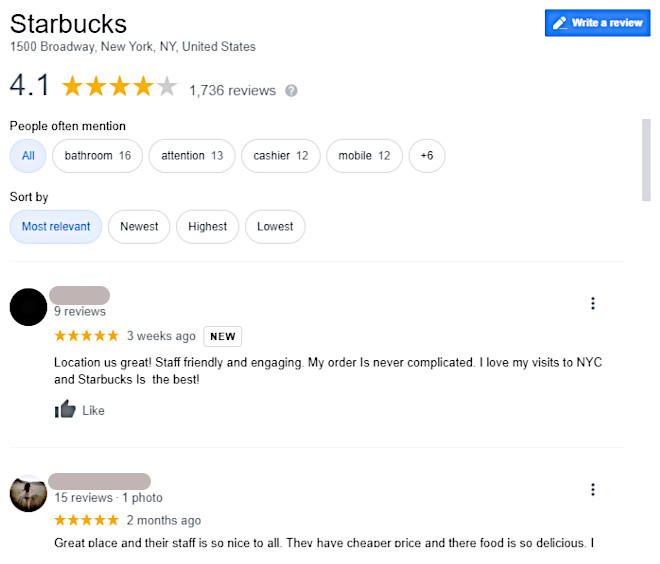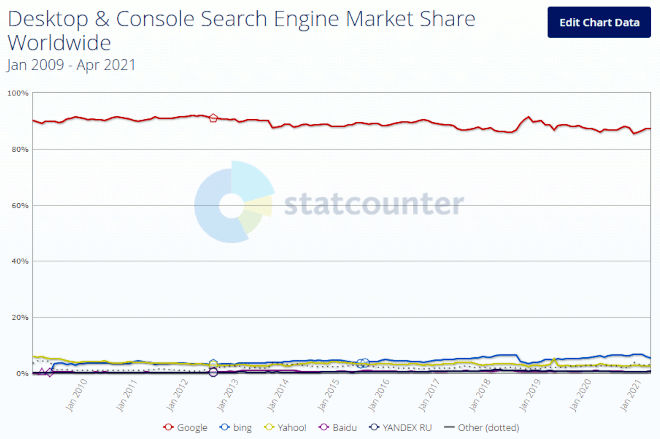
Remember those days when passive consumption used to be a thing? People didn’t have many ways to talk about someone’s business, let alone criticize them or raise a grievance against them. Unless, of course, they went to a consumer court. But that didn’t work out well either, did it?
Companies could easily get away with charges made against them by paying a small bounty with little to no consequence on their brand image. Especially big names with expensive budgets and famous celebs by their side to run all kinds of promotional campaigns on their behalf.
And the worst part- they could show entirely what they wanted their audience to see with no room for input from their consumers. Sounds like a bad deal?
Yet all of that was revolutionized by the mighty internet!
It started with global connectivity. Thanks to that, words travel fast these days! We can instantly express and share our thoughts about anything or anyone right from our desk or while on the go. As consumers, we can rate products, compare them, write reviews, post feedback, comment blogs, and talk to other people as to how we feel about a brand, product, or service.
Social networks, chat rooms, and messenger apps have further enabled us to share our feelings with others.

But while the internet has given us many advantages as consumers, it has also allowed businesses to reach out and connect with more potential customers.
For companies, this sort of digital expansion is somewhat bitter-sweet! On one hand, they have more client base and business opportunities. On the other hand, they have to deal with more customers (satisfied or not), and more feedbacks (positive or negative).
In any case, customers will talk about your business whether you like it or not. They will make an impression of you as a business and won’t shy away from sharing it with others. So, you can either ignore what people talk about you online and fall victim to misleading, misinformation and rumors.
Or you can take control of your online reputation and use it positively to come up with better services.
In other words, how you interact with your clients and how you react to their feedback and criticism can seriously impact your online reputation as a brand in the globally connected online market. And that’s where your online reputation management comes into the picture.
What is Online Reputation Management?
Online Reputation Management (ORM) simply refers to how you deal with what people have to say about your business over the internet. It involves all your customers’ (both current and potential) activities including ratings, reviews, mentions, and other chit-chats about your brand in the online community be it in your favor or not.
Does Online Reputation Management Matter?
Believe it or not, customers’ opinions can shape the future of any brand in this digital age in a matter of minutes.

After all, we as humans are naturally inclined to trust reviews and feedback left by others as a solid caution or recommendation. According to the Brightlocal Local Consumer Review Survey 2020, 91% of consumers admit to trusting online reviews as much as they trust their own family and friends.
By actively interacting with your online clientele, not only can you assure them that their voices are being heard, but you can also use that insight to develop better business strategies. The more you engage with your customers, the more you’ll understand their perceptions and needs. The better you understand them, the easier it would be to give them what they seek. And that’s the key to nailing the perfect online reputation management.
Moreover, search engines especially Google aren’t holding back when it comes to providing a great user experience.
Google knows that it controls well over 9o% of all the online traffic.

With such a massive number of online users, it only makes sense to show the best results with the most relevant information. And that’s what Google bots and their algorithms do. They check everything before listing out your web pages in SERP (Search Engine Results Page). Starting from your ratings, reviews, and comments, to your content, blogs, and profiles. The point is Google wants to understand where you stand in the online market before it recommends you to its users.
So, if you have a positive online impression, Google would rank you higher in the search pages. But if you have a negative or poor online reputation, not only your customers but Google won’t consider you either-even if the search is made in your area of expertise. Data suggests that 51% of businesses have confirmed some or other negative impact on their performance due to bad reviews.
You must also be aware of when and how to react to online reviews, especially the ones not in your favor. So, while interacting with your online clientele is important, knowing when not to is even more important. Sometimes, a reaction won’t be necessary. Sometimes a reaction too late can cost you fortunes.
Therefore, effective online reputation management involves regular monitoring of your online presence and not just when you like. You can choose from a number of monitoring tools to see what’s being spoken about you in the digital market and use the insights to improve your online image.
Conclusion
A good positive online reputation is pretty essential to survive in today’s global market. A transparent and customer-centric approach is a must if you want your business to prosper and flourish in the long run. Here are some of the major benefits of Online Reputation Management to end this topic with:
- ORM helps you gain credibility in the eyes of customers, competitors, search engines (Google), investors, and employees.
- Positive management lets you build trust and authority in the global market.
- Profit is yet another major aspect of business that you can grow by implementing good customer service and ORM.
- Companies that care about their customers can also attract and retain top candidates and talented employees respectively.
[Recommended reading: Do Google Five Star Reviews Help SEO?]
[Images – Main Photo by Maria Orlova from Pexels; Search engine market share graphic by Statcounter; other images from their respective websites and/or social platforms]

Simon Mikail is the one of the founders and head of operations at 405 Ads. Simon serves as an online marketing manager to businesses and agencies worldwide. His overall business and marketing experience has helped hundreds of business owners get their presence done right when it comes to today’s online world.
